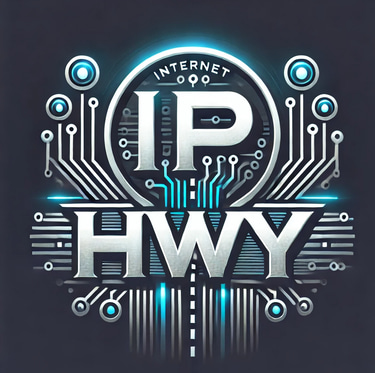The Power of Ownership... Why Accountability and Delegation Matter in IT Operations
Jim Leone
3/27/20252 min read
In fast-paced IT environments, success isn’t just about having the right technology — it’s about having the right people, owning the right responsibilities, at the right time. Whether you're managing a help desk, leading a Security Operations Center (SOC), or overseeing infrastructure, the keys to efficiency and resilience are clear: ownership, accountability, and smart delegation.
1. Why Ownership Matters in IT
Ownership means more than having a name next to a task, it's about taking initiative, understanding the impact of your work, and being proactive. When team members feel true ownership:
They’re more likely to solve problems independently.
They care about the outcome, not just the output.
They communicate more effectively and escalate less frequently.
Example:
A patch management failure can lead to a vulnerability exposure. If no one owns patching, even if it's “assigned”, it's likely to fall through the cracks. But if one engineer knows it’s their domain, it gets done and documented.
2. Accountability: A Culture, Not a Checklist
Accountability isn’t about blame, it’s about clarity and commitment. Teams function best when:
Everyone knows who is responsible for what.
There’s a clear escalation path for support.
Performance is reviewed with honesty and fairness.
Without accountability, tasks drift, projects stall, and finger-pointing becomes the norm.
3. Delegation: Empowerment Through Trust
Good leaders delegate not to lighten their own load, but to build the bench. Delegation should be:
Based on skills, not just availability.
Accompanied by clear expectations.
Paired with support and follow-up.
Pro Tip:
When delegating, avoid “drive-by delegation.” Instead of saying, “Hey, can you look into this?” say:
"I'd like you to investigate this issue, document findings by 2pm, and brief the team at 3. Let me know if you hit a wall."
4. Building a Culture of Ownership
To create this culture in IT:
Document and communicate roles and responsibilities clearly.
Create visibility (dashboards, ticket queues, metrics).
Celebrate proactive behavior, not just reactive heroics.
5. When Accountability Fails: A Real-World SOC Example
In a SOC environment, we once experienced a misrouted alert that didn’t get triaged for hours. Why? The alert didn’t fall under any single analyst’s defined responsibilities. Afterward, we revised our playbooks, added ownership fields to all alert types, and created an “always owned” rule: if you see it, you own it, until you properly hand it off.
Ownership isn’t a buzzword — it’s the backbone of high-performing IT teams. By clearly defining duties, holding teams accountable, and delegating with intent, you create not just a more efficient operation, but a more empowered and resilient one.
The IP HighWay
Stay updated with the latest IT security news.
info@iphwy.com
© 2025. IPHwy LLC. All rights reserved.



